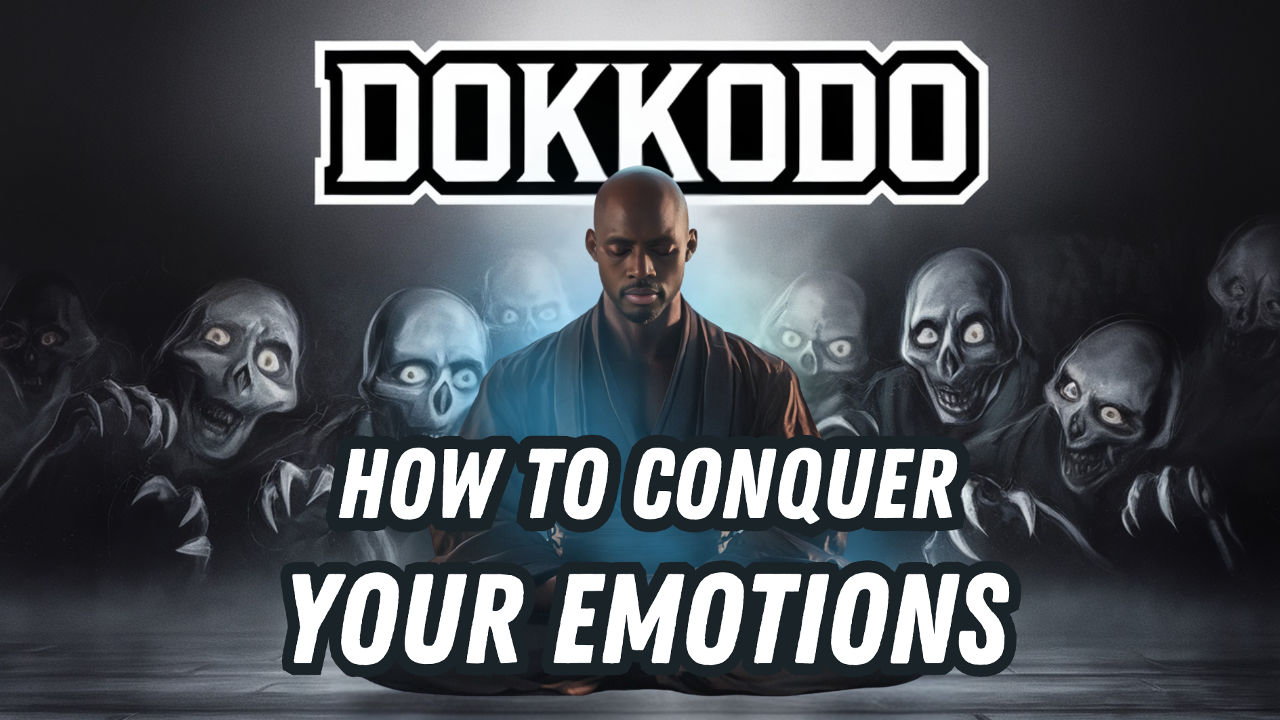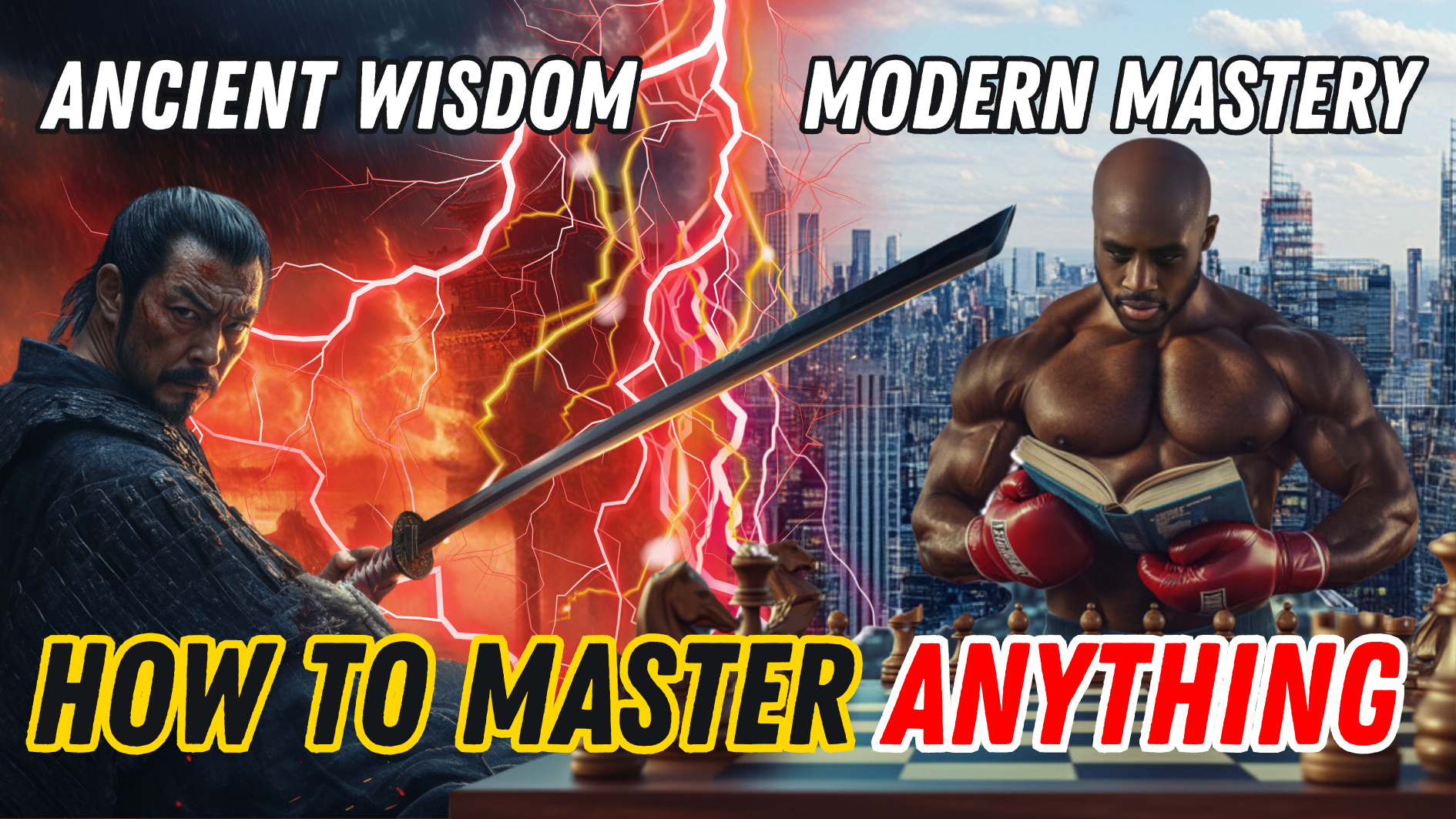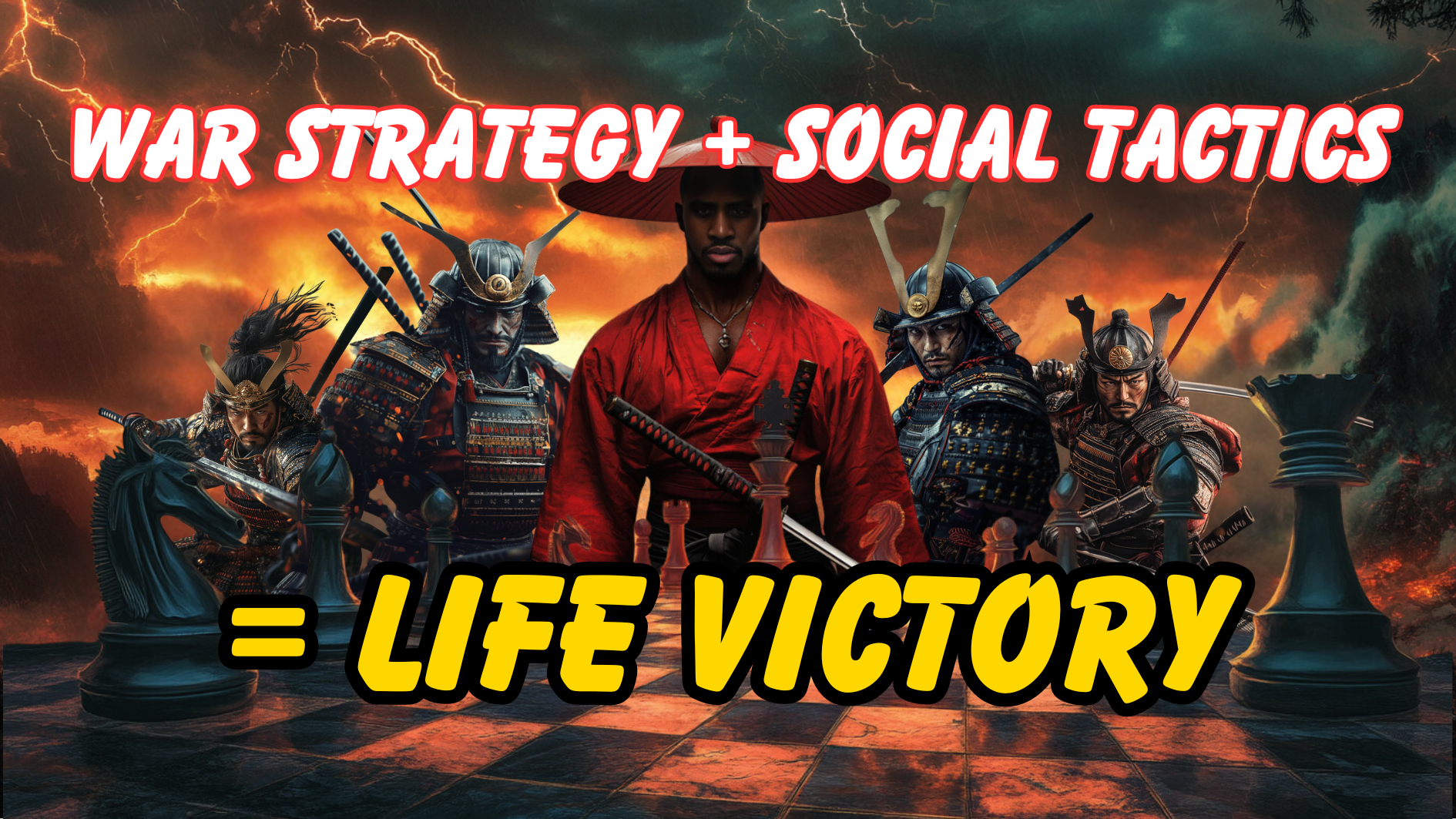I’ve been reading Prometheus Rising by Robert Anton Wilson.
Despite being written in 1984, a lot of Wilson’s predictions about how information would mutate over the next few decades have aged frighteningly well.
What really stands out is how clearly he saw the coming age of disinformation, distrust, and paranoia.
This post focuses on some of Wilson’s insights that aren’t just relevant today—they explain a lot of why the modern world feels broken.
“Nobody really knows anything anymore, or if they do, they are careful to hide the fact. The which is objectively repressed (unspeakable) soon becomes subjectively repressed (unthinkable).”
It’s not what you know that matters anymore.
It’s what people around you believe to be true.
We live in a time where the cost of speaking certain truths—or even asking certain questions—can destroy your career, your reputation, or your freedom.
Once it becomes socially “unspeakable” to challenge a narrative, most people eventually stop thinking about it altogether. Thought becomes self-censored.
We saw this during COVID-19. Early on, suggesting the virus might have leaked from a lab was considered racist, conspiratorial, and unspeakable.
Now even mainstream outlets admit the lab leak is plausible.
But the damage was done—millions of people internalized the unspeakability of the idea.
Once an idea becomes off-limits to discuss, it becomes off-limits to consider.
The window of acceptable thought—what Overton Window theorists call “the bounds of legitimate discussion”—keeps shrinking.
What we’re witnessing is the slow death of free inquiry, not because jackbooted thugs are kicking down doors, but because the culture itself has been trained to suppress its own curiosity.
“If there is a secret police, every branch and department of the government and institutions not part of the government become suspect as a front for them. Something bearing the label of HEW might actually be the CIA or NSA in disguise.”
Edward Snowden revealed that Wilson’s warning wasn’t theoretical.
Through Snowden, we learned that intelligence agencies aren’t just spying on foreign threats.
They’re collecting the data of ordinary Americans, tapping into the servers of companies like Google, Apple, Facebook, and Verizon under secret agreements.
Essentially, the labels don’t matter. “Private” or “public” is irrelevant when backdoor surveillance is in place.
You could apply this thinking even deeper:
- Non-profits “advocating for health” quietly funded by pharmaceutical giants.
- Academic institutions running “studies” ghostwritten by political interests.
- Fact-checking organizations owned by the very entities they claim to police.
When trust evaporates, when the skin and the muscle no longer match, every institution becomes suspect—because it should be.
And if you dare call it out, you’re branded a conspiracy theorist.
Wilson understood that the mere existence of a secret police—even if you never see them—poisons every relationship between citizens and institutions.
You don’t need the Stasi on every corner; the possibility is enough.
“In such a deception network, conspiracies proliferate. Rumor is necessary, it has been found, when people cannot find ‘official’ news sources to be trusted to tell them what’s really going on.”
Alex Jones, QAnon, flat earthers, sovereign citizens—you name it.
Most of these movements didn’t arise out of nowhere. They grew because the mainstream media stopped being trustworthy.
- When CNN tells you “mostly peaceful protests” while a building burns behind the reporter, something breaks inside you.
- When every dissenting view is labeled “misinformation” even when it turns out true six months later, you stop listening.
- When elections are run by confusing, opaque systems with little outside auditing, people don’t have to be crazy to suspect foul play.
When the official gatekeepers lie, censor, or gaslight, rumor becomes a survival mechanism.
The human mind needs narrative. If you can’t trust the one you’re fed, you’ll build your own—or find someone who has.
You can mock the ridiculous conspiracies all you want.
But unless you fix the broken trust at the foundation, rumor will always outcompete the lie.
“The more omnipresent the secret police, the more likely it is that intelligent men and women will regard the government with fear and loathing.”
Look at the last 20 years.
- The Patriot Act normalized domestic surveillance.
- The TSA turned airports into a theater of submission.
- The NSA built literal cities of data collection centers.
- The FBI labeled parents at school board meetings “potential domestic terrorists.”
And now the government talks openly about “censorship partnerships” with social media to monitor “wrongthink” in real-time.
If you’re smart enough to connect the dots, you realize you’re living in a soft authoritarianism already.
It’s not just radicals who fear the government now. It’s ordinary professionals, business owners, parents, academics—the people with something to lose.
And that fear isn’t irrational. It’s earned.
Wilson’s insight wasn’t that only the weak-minded grow paranoid.
It’s that the intelligent, those capable of seeing through facades, are the first to feel the cold dread that they can’t say what they think anymore without consequences.
“The government, on discovering that growing numbers of citizens regard it with fear and loathing, will increase the size and powers of the secret police, to protect itself.”
This is the real tragedy.
The more afraid the public becomes, the more the government treats them as a threat.
And the more the government clamps down, the more it confirms the public’s fears.
It’s a vicious feedback loop:
- Citizens lose faith.
- Government cracks down harder.
- Citizens become angrier and more distrustful.
- Government expands surveillance and control to manage the chaos.
This is why 2A (Second Amendment) supporters aren’t just clinging to some outdated frontier fantasy.
They understand something primal: when trust collapses, only force remains.
The arms race between authority and autonomy has already started—and it didn’t begin with mass shootings or media hype.
It began when the government stopped being of, by, and for the people—and became something to be feared.
“Every conspiracy regards itself as an affinity group—men and women who share the same goals and work together. When you and I do it, it’s just an affinity group. When the gang over there does it, it’s a damnable conspiracy.”
This is one of Wilson’s deepest insights—and maybe the hardest for most people to admit.
Every tribe believes its motives are pure.
Every movement sees itself as righteous.
Only the other side is deceptive, manipulative, or conspiratorial.
- To BLM, they were building solidarity and fighting injustice.
- To January 6th protesters, they were defending democracy against corruption.
- To QAnon followers, they were exposing unspeakable evil at the highest levels.
Each group saw themselves not as rebels or criminals—but as heroes.
The only real difference between “community” and “conspiracy” is which team you’re on.
When you realize this, you stop asking, “Who’s the good guy?” and start asking, “What’s the game?”
Because in a fractured, information-saturated world, everyone is operating inside their own narrative—and they’ll fight to the death to protect it.
Final Thoughts
Robert Anton Wilson didn’t predict the internet, smartphones, or TikTok.
But he did predict the psychological consequences of a society built on distrust, deception, and fractured realities.
He saw what happens when truth becomes relative, when authority becomes predatory, and when the human mind—left with no solid ground—starts spinning stories to survive.
We’re not just living in a broken system.
We’re living in a broken map of reality—and most people don’t even realize it.




